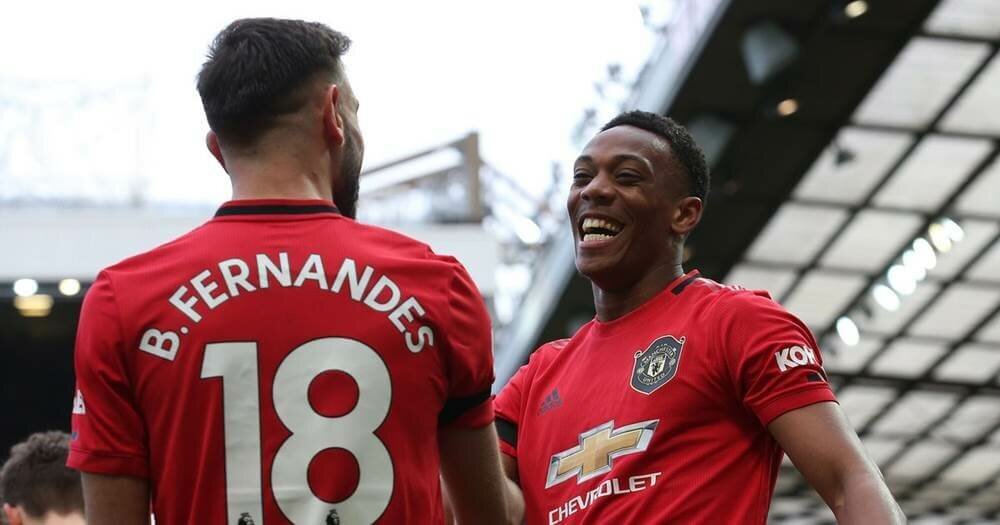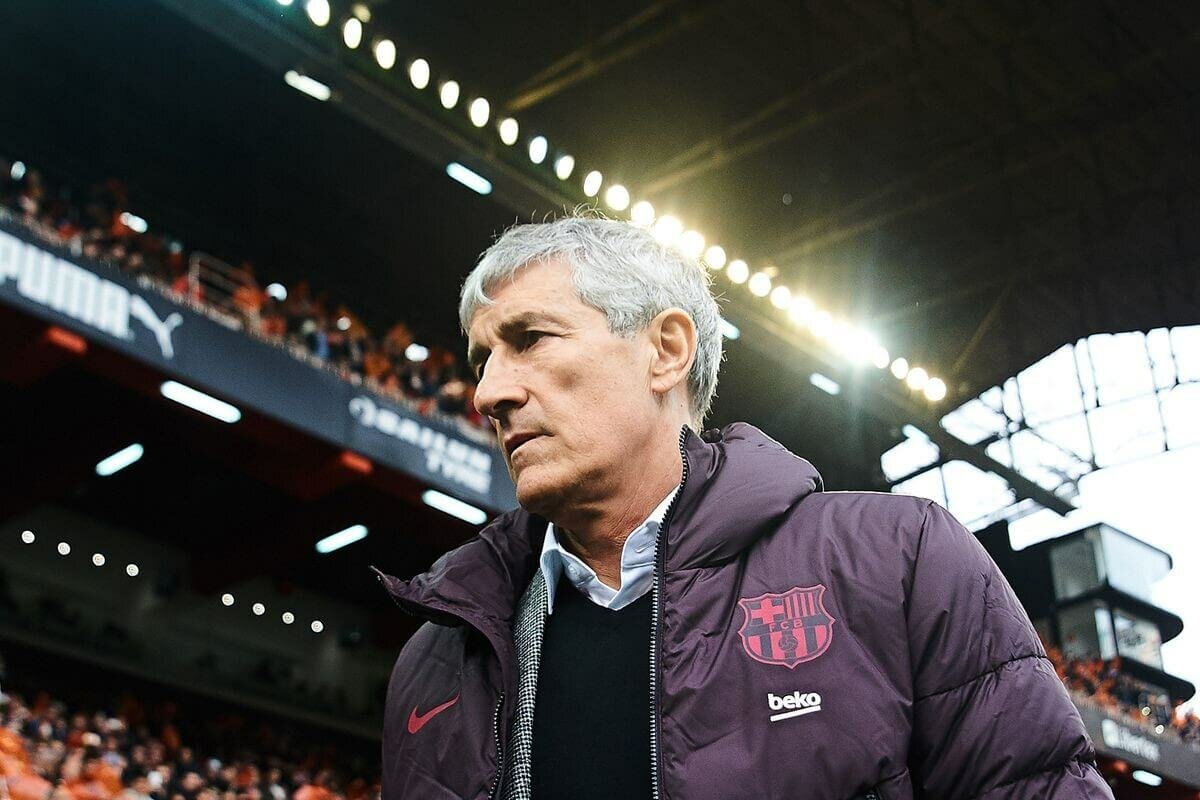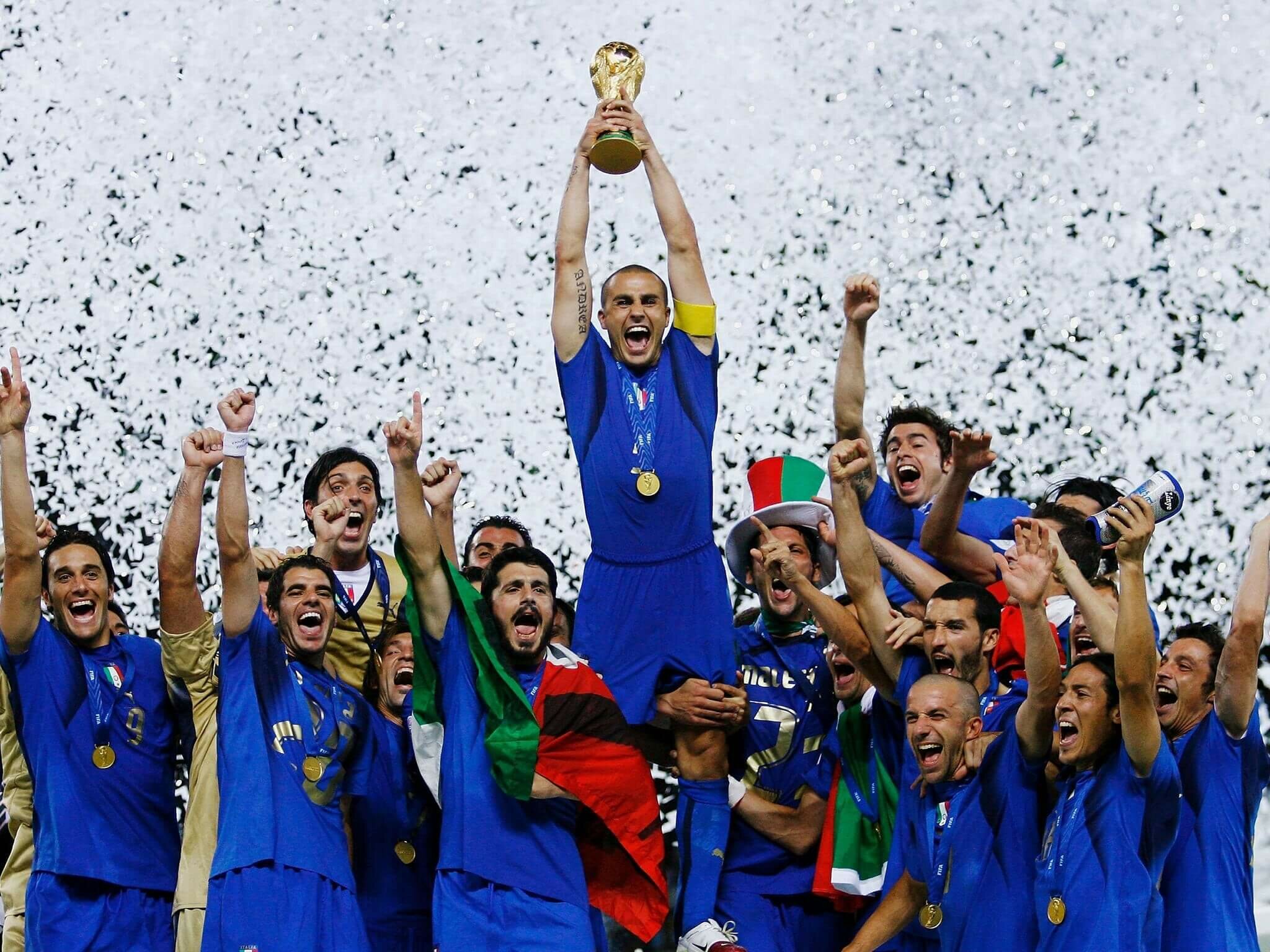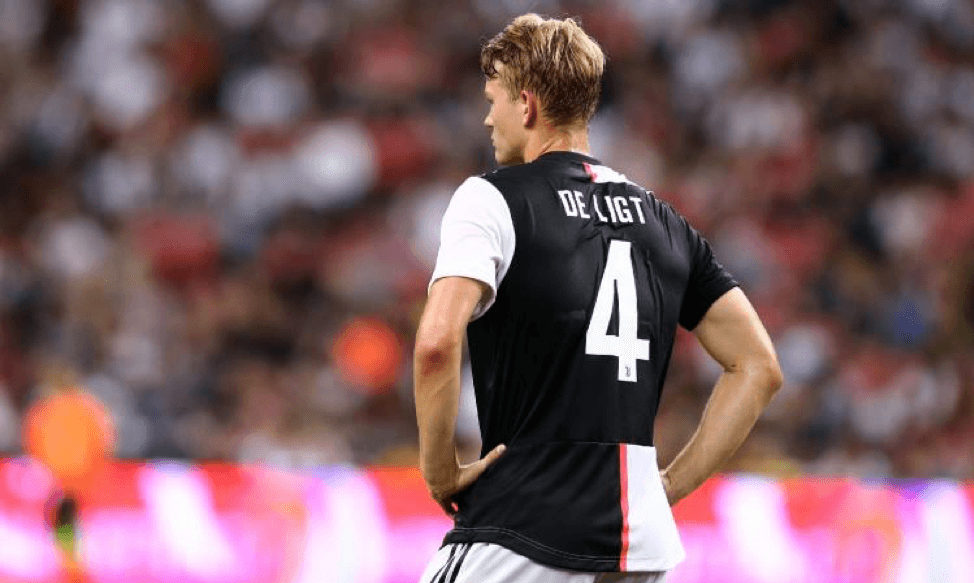TRUST THE PROCESS: THE UNITED WAY IS MAKING A SLOW AND STEADY RETURN

Before the coronavirus pandemic brought the Premier League to a grinding halt, United had been on a roll since the end of the winter transfer window. Having cried out for a creative player in the summer, they finally got the deal over the line when they snapped Bruno Fernandes up from Sporting Lisbon after a lengthy spell of negotiations which had threatened to break down. Barcelona were flirting with the possibility of signing the attacking midfielder, only to loan him out to Valencia for the rest of the season. However, United won the race and ultimately decided to pay £55 million with an additional 25 million in variables. Along with Bruno, United were also in the market for a striker with Marcus Rashford unavailable till the end of March. Odion Ighalo was signed on deadline day from China on a 6-month loan deal to provide cover for Anthony Martial and Mason Greenwood. The signings that should have been made in the summer after a host of departures probably came at the right time in January to ease some of the pressure that the United manager was facing after two losses against Liverpool and Burnley. Critics believe that the team have started playing well since these two arrived but is that the case?
Ole Gunnar Solskjær had reiterated in the summer that the club would only sign someone if the player was available and for the right price. Questions have been raised at United’s playing style off late but that hasn’t deterred the manager from carrying out what has been pending since Sir Alex Ferguson retired- a habit of grinding victories out and being able to get over the line despite not always being easy on the eye for the Old Trafford faithful.
Wins against Chelsea and Manchester City have perhaps been the highlights about this recent upturn in form, but dominant displays against the likes of Watford, Club Brugge and LASK have been signs of the Red Devils putting a run together and one, that is borne out of actual form and a plan in place.
Turning dead weight into decisive
With Ander Herrera, Antonio Valencia, Romelu Lukaku & Matteo Darmian leaving the club, United bought a pair of Englishmen in Harry Maguire and Aaron Wan-Bissaka as defensive cover as well as Daniel James as an option for the future at the start of the season but simply did not invest in a midfielder which was actually one area where United lacked reinforcements. Fans were on their knees for a creative midfielder of the ilk of Bruno Fernandes, but Sporting weren’t willing to budge. Fred had underperformed since arriving from Shakhtar and couldn’t be relied upon to take the game to the opposition. Although not a defensive midfielder, he was played alongside Nemanja Matić in a double pivot which ultimately put pressure on Paul Pogba to be the sole creative force in the team. During his reign at the club, José Mourinho had taken a swipe at Fred saying he had no option but to buy him from the Ukrainian giants as he feared United wouldn’t get anyone else on their books in his final season. Coming from Ukraine, Fred had to adjust to the tempo and physical nature of the Premier League and found himself out-of-sorts, playing just a single game in the final 6 of Mourinho’s tenure. Mourinho had also admitted that he couldn’t play the Brazilian because Man United were susceptible in defence. Playing 17 games, he contributed with a goal and assist but looked careless in possession, often losing the ball in dangerous areas. All hope seemed to be lost for the new man until Ole came in and turned his career on the red side of Manchester around.
The United gaffer figured Fred’s best position would be in a more advanced midfield role as suggested by his former boss Paulo Fonseca. He put in Man of the Match performances against sides like PSG and City at the Etihad where his role would be similar to what Ander Herrera’s was at United. The job was to intercept through balls and help in quick transition of the play from defence to attack.

The numbers speak for Fred’s massive improvement from last season in all areas (Understat)
With Pogba getting injured just 3 games into the season, Fred had to step up knowing he could be playing for the foreseeable future. What you get from Fred generally is a lot of wayward passing, reckless tackles and consistently losing possession, but the new and improved Fred in 2019 was completely different to the one that had arrived in 2018.

He seems more confident, backs his ability to perform in big games and has risen to the challenge whenever the team has been in jeopardy. The press is often harsh on Manchester United because of the sheer size and appeal of the club which leads to more criticism than praise but going by the logic that the manager is responsible for the team underperforming, he deserves to be praised for his team performing week in week out. Brownie points for Solskjær.
A similar story rings true for Nemanja Matić who was on the verge of leaving the club because Ole didn’t play him at the start of the season is now a regular starter in a team ravaged with injuries. The Serbian had a word with Solskjær about his involvement in the team and had made his dissatisfaction clear about not being picked. A United staff member also clarified that the manager and Nemanja didn’t see eye to eye because the Norwegian boss wasn’t convinced that he was devoted to the club. Matić had to wait for his turn in less important cup competitions such as the League Cup and the Europa league, but after Scott McTominay got injured, the ex-Chelsea man became a mainstay in the United midfield.

Once Solskjær was convinced, Matić’s performances also started improving and he even earned an extension to his current deal at Ole Trafford. He has been instrumental in recovering the ball, having done it 86 times, winning the ball 69 times and scoring the odd goal, really summing up what he has been up to since he returned back into the fold.
Plugging the gaps
After two world-class managers and a proven Premier League manager, it took a club legend to figure out the problems at the club. The rebuilding job which was long overdue had led to panic signings, poor scouting and sky rocketing wages. Ángel Di María and Radamel Falcao were commercial signings which ensured the club’s continuous revenue in the growing markets around the world and ensured the fans at home that the club were ambitious in their pursuit of world class players and titles. Paul Pogba, although a product of the prestigious United academy was an expensive recruit with an even higher wage bill. Signing Alexis Sanchez proved to be dodgy and before the 2019/20 season even began, the Chilean was shipped to Inter Milan, and United have to bear his weekly wage which stands at a whopping £385,000 a week. According to the figures released by Swiss Ramble, Manchester United spend about £332 million a year just on wages. Clearly the recruitment policy needed a revamp because the Premier League title was nowhere near United’s grasp. The mammoth task that Ole was faced with was to clear the deadwood and it required a full transfer window to achieve it.
The aim was to infuse young blood who understood the United way of playing and were motivated by the badge rather than just everything off the pitch. Since Rafael left the club in 2015, Antonio Valencia was converted from a right winger to a full back and since then there was no replacement lined up. Another example would be of the inability to find a right-winger for 3-4 years, playing Juan Mata who had everything but the pace to play there. A club of United’s stature being unable to find a player to play a certain position speaks volumes about the board and the scouting team. Paying record figures for players like Pogba and Di María and still falling behind in terms of quality and reinforcements, well that’s not particularly a sign of smart planning from the biggest club on the planet, is it?
A lot of mismanagement was also due to the club not bringing in a Director of Football to oversee the transfers and negotiations, establish a scouting network around the world and setting a plan for the future. Instead, the top management was putting all of its efforts on getting sponsors to keep the money flowing in. Since Ole has come in, the focus has shifted back to performing on the pitch with the right players and the right attitude, and more importantly getting the fans to believe in the team. Sir Alex Ferguson emphasised on attacking football, getting fans excited and to play like a team, ideals that the current manager not only agrees with, but is bedding into the club. Maguire and Wan-Bissaka were crucial buys in a major summer overhaul which led to an exodus of many senior players. The intent was to buy young, buy right and buy potential. Daniel James was the first signing and the other two followed.

Solskjær’s vision is showing signs of coming to fruition
The results weren’t kind to United before January where they were known for picking up points from the top half of the table and losing to the bottom half, indicative of a pattern built on inconsistency. Bruno Fernandes has been a breath of fresh air, winning the Premier League Player of the Month straightaway and Ighalo was bought as cover and while his signing raised eyebrows, the Nigerian No. 9 too has instantly clicked. Ighalo might not be a permanent signing but his attitude on the pitch exemplifies a player who has been playing at the highest level for quite some time now.

With the summer targets already identified and work going on in the background, the club is better prepared now than it was before Ole came in.
Tactically Aware and Adaptable
Teams with a deep defensive block are hard to break down for any team but United found it especially difficult to score against the so-called ‘smaller clubs’ with a resolute defence. The results didn’t make for good reading either as they lost to Crystal Palace at home, Bournemouth, West Ham, Newcastle and Watford away while drawing against Villa, Wolves and Sheffield. United needed a creative mind in the middle of the park who could pull the strings and exploit gaps. Instead, they opted for a more defensive approach with 2 defensive midfielders and one central midfielder with no defensive responsibility. Much of United’s attack was from the left-hand side where Rashford was deployed to take on defenders and Martial up front with James on the wing. An abundance pace but without the technical brilliance of a playmaker, any side could look insipid. Andreas Pereira and Jesse Lingard were tried out in the No.10 position, but they looked out of their depths and clearly lacked any imagination going forward. United have done very well against the top sides, sitting back and waiting for an opportunity to counter. A swift change from the traditional 4-3-3 to a 3-5-2/3-4-3 system has proven to bear fruit. Luke Shaw is the first name who springs to mind when mentioning the merits of this formation, excelling in a back 3. Shaw has been caught out defensively, time and again when played in a four-man defence because of his desire to go forward and attack. The decision to keep Shaw at centre-back would have been because of his pace to track back, giving a free role to Brandon Williams in an advanced left-back role.

Playing in a back three has given Shaw a new lease of life
The formation used against Chelsea in the Carabao Cup was a cautious 3-4-1-2 but as the game progressed, it was switched back to a 4-2-3-1. After United scored the 2nd goal, they swiftly changed to a 5-4-1, allowing the Blues to keep the ball for the last five minutes of the game while defending in numbers. Good managers tinker with the team formation to give them options when it comes to crunch games and even against teams that sit back. Great managers know which formation suits the team the best no matter who they are playing against. Regardless of where one stands, it is imperative to be pro-active and adapt to what the situation demands.
To reach where Jürgen Klopp has with Liverpool, the German boss had to play around with plenty of formations and strategies, evaluate the best option and change when the going got tough to finally arrive at a system that looks impenetrable as things stand. Modern day football has propelled managers to dig deep into areas which were only heard of but weren’t tested. Away to big teams, United have always been cautious going forward and have heavily relied on the pace of Rashford and Daniel James to get behind defences which worked when they visited the home of the champions. The Red Devils were two goals to the good at half-time, having taken advantage of their fragility at the back and being efficient in front of goal. Ole having realised that two goals were enough for United to bring home 3 points made a change in the 74th minute to replace Martial. Pereira was subbed on to make sure United had enough bodies behind the ball to withstand the City juggernaut. A formation shift from 4-2-3-1 to a narrow 4-5-1 was implemented. After City scored in the 85th minute, reducing the deficit, the manager decided to bring on Ashley Young and Axel Tuanzebe to move to a flat back 5. Sensing the danger which was forthcoming, the former Cardiff manager opted to adopt a more guarded approach to seal the game and come away with precious 3 points which at that point was very much needed looking at United’s struggle to accumulate points on the board.
The operative word is flexibility with ‘OGS’ in the past couple of months.
Making all the right noises
It would be misleading to suggest United have entirely turned a corner, but the numbers certainly show they are heading in the right direction. Getting players to play to their strengths, playing as a unit and putting it all on the line for the badge has instilled confidence in the players which was sorely missing. Lukaku, who joined Inter Milan had spoken positively about how Ole wanted him to stay but knew his time was up at United and had to leave to regain his confidence. No animosity but pure professional relationships which didn’t hamper the club’s image or the players’ is a sign of the club quietly going about their business, a statement that seems relatively ordinary but upon investigating into how United have functioned post-Ferguson, makes one realize that this alone is a rare and positive feat.
The arrival of Bruno Fernandes has reiterated quality over quantity will be the core focus of the club going forward and players that can truly improve the side will only be bought. The £50 million paid for Fred now doesn’t seem like a burden, Matic seems to have found his form back, Shaw looks comfortable playing in a back three and more importantly, the youth players such as Williams and Greenwood look like the real deal.
Paul Pogba has been injured for the majority of the season, but his absence hasn’t been felt and some critics have been vocal about his lack of involvement being a factor behind why the other players have performed consistently. If the World Cup winner ends up staying, the squad on paper along with astute acquisitions next season would make United look good enough to challenge for the top honours, provided all the players stay fit.
United’s DNA has always been about playing high tempo football, grinding out wins when it looks unlikely and a mentality where losing is simply unacceptable. The manager has supported Lingard through a difficult year away from football but hasn’t shied away from making difficult decisions, which meant not even involving him with the first team. It is very clear that to accommodate the players that he admires, he is prepared to be ruthless to make room in the squad. Ole is well aware that 11 unbeaten games and 5th position in the table doesn’t guarantee success at a club like United but there have been signs and whatever critics say, he has stuck to his philosophy and will continue to implement it till the time he gets it right.
Read More
TAKING STOCK OF THE GOOD, THE BAD AND THE UGLY FROM SETIÉN’S CATALAN VOYAGE
KAI ILIEV \
THE DRAWING BOARD
A LOVE LETTER TO AZZURRI'S CLASS OF '06
MAX LOMBARDIA \
THROWBACKS



